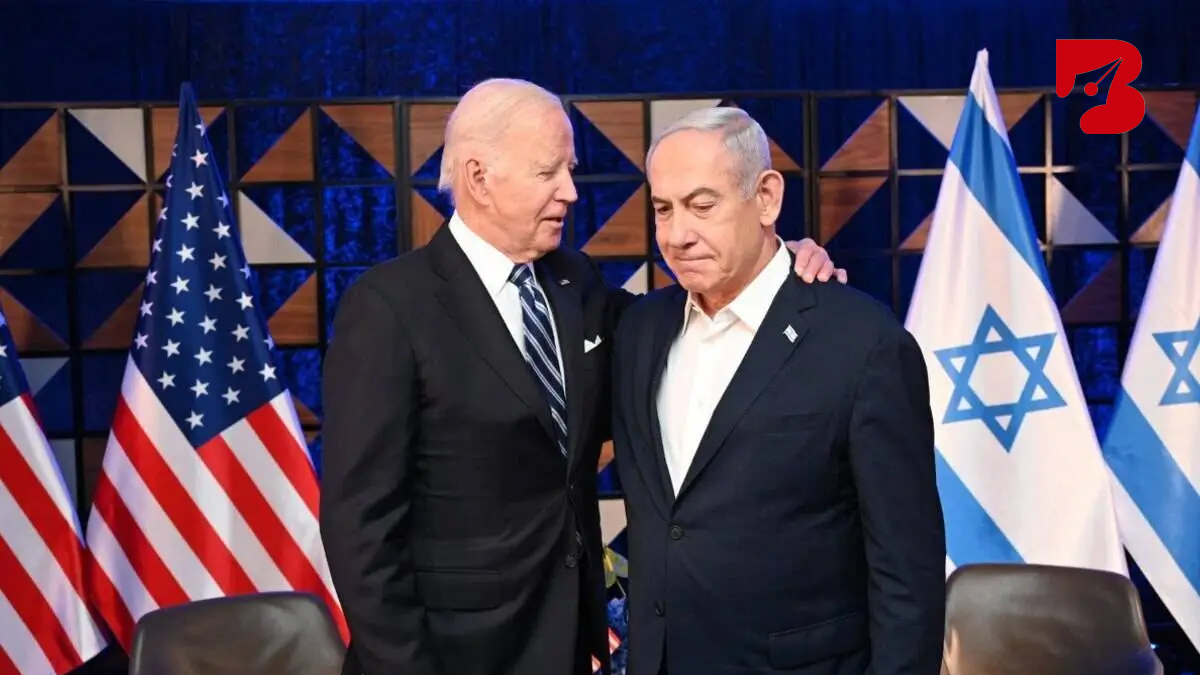
Tensions in the Middle East have reached alarming new heights as Iran launched a massive missile strike on Israel, firing over 150 ballistic missiles in retaliation for the assassination of Hezbollah leader Hassan Nasrallah. The conflict, rooted in decades of regional hostilities, has seen rapid escalation following the death of key Iranian-backed figures and the deployment of advanced military systems by both sides.
Iran’s Retaliatory Missile Attack
On Tuesday, Iran fired a barrage of ballistic missiles targeting Israel’s commercial hub, Tel Aviv, as well as southern and central regions of the country. The strikes followed the recent assassination of Hassan Nasrallah, leader of the Lebanese militant group Hezbollah, and General Abbas Nilforoushan, a top commander of the Quds Force. Both were killed in a precision Israeli airstrike in Beirut, which Iran vowed would not go unanswered.
Rear Admiral Daniel Hagari, the spokesperson for the Israeli military, called the missile attack significant and warned of impending consequences. While he did not disclose specific details of Israel’s planned response, he confirmed that no casualties had been reported, thanks to the defensive efforts of the Iron Dome, Israel’s missile defense system.
Iron Dome in Action
As missiles rained down on Israel, the Iron Dome was swiftly deployed to intercept the attacks. Israel’s defense system, which has proven effective in countering various missile threats in the past, played a crucial role in minimizing the damage from Iran’s retaliatory strike. The missile attack comes amid Iran’s ongoing efforts to avenge the deaths of its key regional allies, Hezbollah and Hamas leaders, both of whom have long received financial and military support from Tehran.
U.S. Pledges Military Support
In response to the escalating situation, the United States has pledged full military support to Israel. President Joe Biden ordered the U.S. military to assist in Israel’s defense efforts and to intercept any missiles targeting the country. The U.S. government had previously warned of an imminent Iranian missile attack and emphasized that there would be severe consequences for Tehran if it continued its aggressive actions against Israel.
Meanwhile, Iran’s Revolutionary Guards have threatened “crushing attacks” should Israel choose to retaliate for the ongoing missile strikes. A senior Iranian official stated that Supreme Leader Ayatollah Ali Khamenei personally ordered the missile launch and that Tehran is fully prepared for any Israeli retaliation.
Regional Repercussions and Global Concerns
The conflict has sent shockwaves across the region, with tensions rising in neighboring countries. In Jordan, air raid sirens sounded in the capital, Amman, as the night sky lit up with missile trails. Crowds gathered in concern as the regional threat intensified. Al Jazeera reported dramatic scenes as civilians rushed to bomb shelters while air alerts echoed across the city.
The Iranian missile attack marks the second such assault on Israel in recent months. In April, Iran launched a similar missile and drone strike in retaliation for an Israeli airstrike on its consulate in Damascus. While most of the munitions were intercepted in that attack, it highlighted the ongoing hostilities between the two nations and their allies.
In addition to Hezbollah, Iranian-backed Houthi rebels in Yemen have also joined the fray. Reports indicate that Israel has conducted airstrikes on Houthi positions in Yemen after a recent missile launch targeting Israel from Yemeni territory.
Escalating Tensions and International Responses
The assassination of Hezbollah’s Hassan Nasrallah has not only sparked widespread protests in Lebanon and the region but has also led to clashes in Pakistan, where pro-Iranian factions demonstrated against his killing. Protests in Karachi erupted into violence, underscoring the wider regional impact of the ongoing Israel-Iran-Hezbollah conflict.
Pope Francis has also condemned Israel’s military actions in Lebanon and Gaza, calling them disproportionate and immoral. His statement came in the wake of widespread civilian casualties resulting from Israeli airstrikes in response to Iranian and Hezbollah attacks.
A Volatile Future Ahead
As both Israel and Iran brace for the next phase of retaliation, the international community watches with growing concern. The conflict risks expanding beyond the Middle East, drawing in global powers such as the United States, while further destabilizing an already volatile region. As missile strikes and air raids continue, the stakes for both sides—and the region at large—remain dangerously high.
